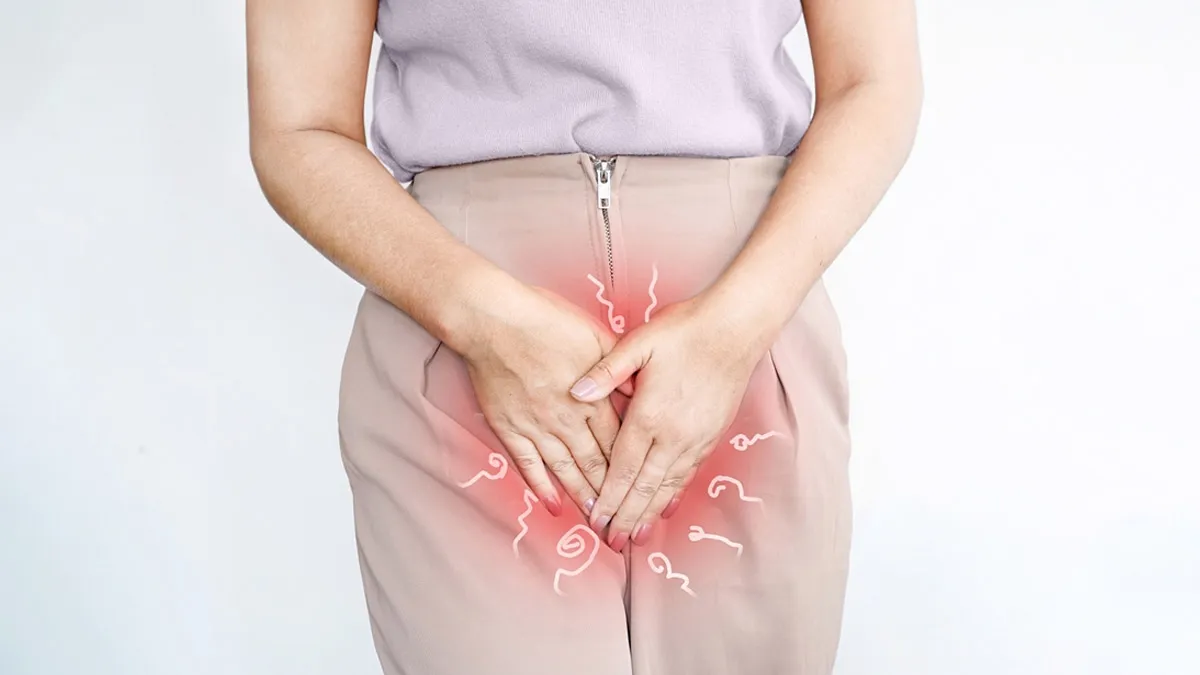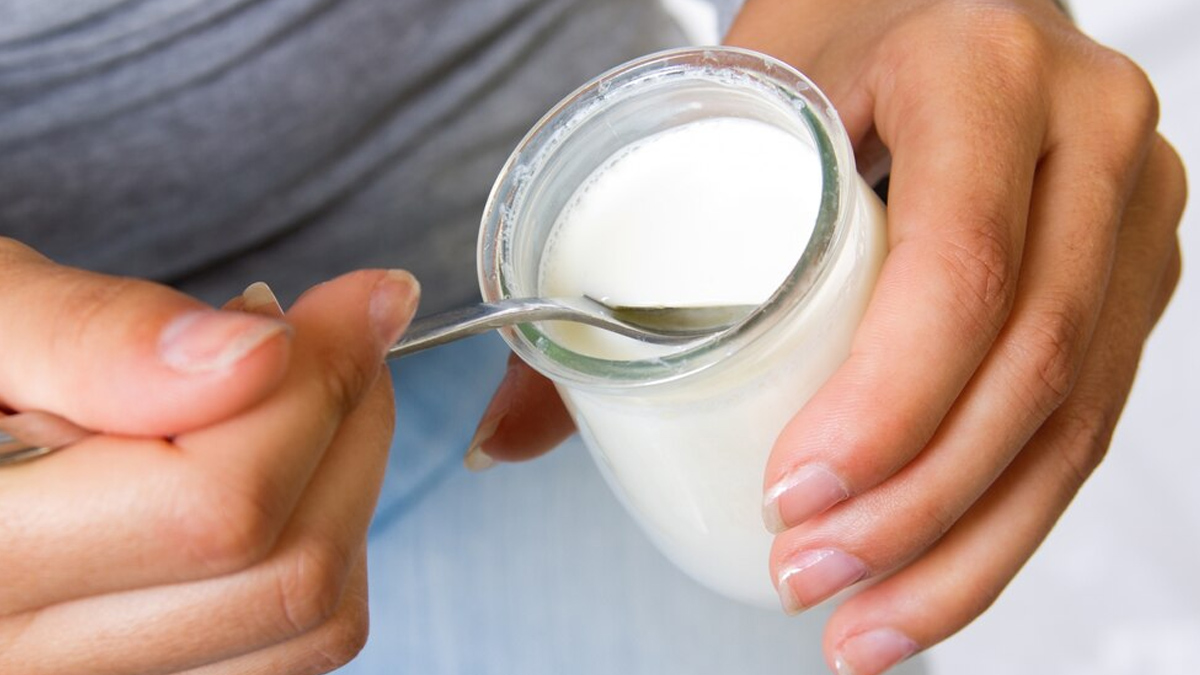
Antibiotics are often lifesaving medications, but they come with potential side effects, including disrupting your body’s natural microbial balance. One common consequence of antibiotic use is a yeast infection, caused by the overgrowth of fungi like Candida albicans. These infections can occur in various forms, such as vaginal candidiasis or oral thrush, often leaving individuals frustrated and uncomfortable. We spoke to our expert Dr Amit Saraf, Director, Internal Medicine, Jupiter Hospital, Thane, who explained how antibiotics contribute to yeast infections and learning effective prevention and treatment strategies can help mitigate these issues.
Table of Content:-
How Antibiotics Lead to Yeast Infections
Disruption of Natural Flora

“Antibiotics are designed to target harmful bacteria responsible for infections, but they often lack the precision to distinguish between good and bad bacteria. As a result, beneficial bacteria like Lactobacillus, which play a crucial role in keeping yeast in check, are also eliminated. Without these bacterial defenders, fungi like Candida albicans can proliferate unchecked, leading to infections,” said Dr Saraf.
Altered pH Balance
A healthy balance of bacteria helps maintain optimal pH levels, particularly in areas like the vagina. Antibiotics disrupt this equilibrium, lowering the number of beneficial bacteria and altering the pH balance. This creates an environment where yeast can thrive, leading to infections characterised by itching, discomfort, and discharge.
Weakened Immune Response

According to a 2012 study, taking antibiotics disrupts the gut's natural bacteria and weakens the immune system's ability to fight infections. With a compromised immune response, the body becomes less effective at keeping yeast populations under control. This makes it easier for infections to develop and persist.
Also Read: Internet Claims Toilet Paper Can Cause Yeast Infection: Is This True?
How to Deal with Yeast Infections Caused by Antibiotics
Here are some effective measures listed by Dr Saraf that can help you deal with yeast infections:
Preventive Measures

- Probiotics: Take probiotics or eat probiotic-rich foods (like yoghurt or fermented foods) during and after antibiotic treatment to help restore healthy bacteria.
- Antifungal Creams or Suppositories: If you’re prone to yeast infections, consider using over-the-counter antifungal products preventatively after finishing antibiotics (consult your doctor first).
Treatment Options
- Over-the-Counter Antifungal Medications: Options like miconazole or clotrimazole creams, suppositories, or ointments can relieve symptoms and treat the infection.
- Prescription Medications: In cases of severe or recurrent infections, a doctor may prescribe oral antifungals like fluconazole. These medications are often more potent and work systematically to eliminate the infection.
Also Read: Yeast Infections Extend Beyond Intimate Areas: Other Skin Areas Vulnerable To Infection
Lifestyle Changes
- Wear Breathable Clothing: Opt for loose-fitting clothes and cotton underwear to keep the affected area dry and prevent moisture buildup. Yeast thrives in warm, moist environments, hence, reducing these conditions can hinder its growth.
- Maintain Hygiene: Keep the infected area clean and dry, but avoid using harsh soaps, scented products, or douching, as these can further disrupt the natural pH balance.
Avoid Sugary Foods

Yeast thrives on sugar, so reducing your intake of sugary and processed foods may help limit overgrowth. Adopt a balanced diet with whole grains, vegetables, and lean proteins to strengthen your body’s defences.
Consult a Doctor
If symptoms persist, worsen, or frequently recur, consult a healthcare provider to rule out underlying conditions and discuss more tailored treatment options.
Dr Saraf concluded, “If your symptoms persist, worsen, or occur frequently, it’s crucial to consult a healthcare provider. Recurrent yeast infections may signal underlying health conditions such as diabetes, hormonal imbalances, or immune disorders. A doctor can provide tailored advice and prescribe more targeted treatments if necessary.”
[Disclaimer: This article contains information provided by an expert and is for informational purposes only. Hence, we advise you to consult your professional if you are dealing with any health issues to avoid complications.]
Also watch this video
Read Next
Jennifer Lopez Reflects on Tackling Imposter Syndrome in Hollywood; Symptoms To Look Out For
How we keep this article up to date:
We work with experts and keep a close eye on the latest in health and wellness. Whenever there is a new research or helpful information, we update our articles with accurate and useful advice.
Current Version